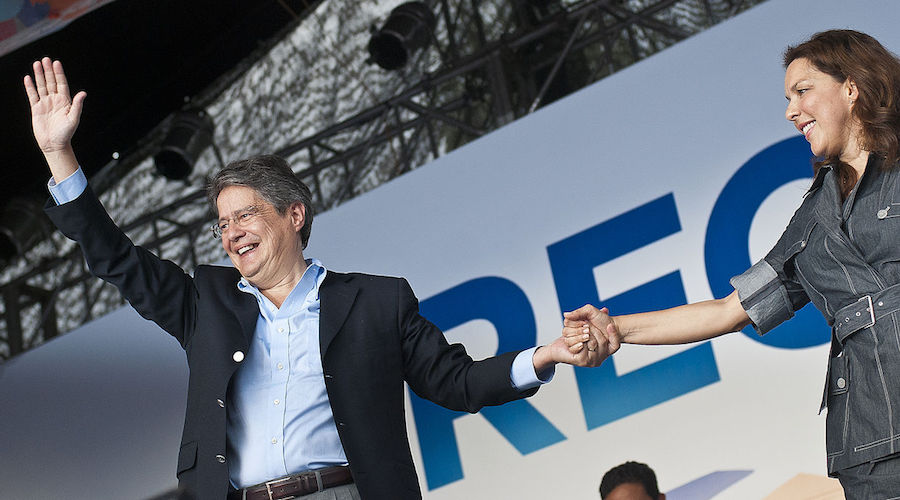
Lasso also warned he would emphasize the enforcement of environmental protection rules and larger involvement from indigenous communities in deciding projects’ future.
Lasso has made public his position to bant open-pit mining nearby water sources, grasslands, moorlands and underground water flows.
The President-elect has made public his position to bant open-pit mining nearby water sources, grasslands, moorlands and underground water flows. He plans to appoint a Minister of Environment and Water in charge of ecological conservation, while supporting the use of non-renewable natural resources.
Mining in Ecuador generates employs more than 3,000 people and it was one of the very few that grew in 2020. According to data from the Central Bank of Ecuador, it is expected to expand by 5.7% this year, accounting for 1.84% of the nation’s GDP.
Salazar Resources, which has a pipeline of copper-gold exploration projects across Ecuador, believes that Lasso will bring more regulations to the sector.
“Lasso said he would make referends on mining projects mandatory and binding,” Marr-Johnson said. “He said he preferred eco-tourism to mining, and that he liked the EVs and low-carbon energy. These may have been just tactics to win votes, but it does not help the mining sector,” the executive noted.
Indigenous rights
Lasso has sought to establish a dialogue with environmental groups and indigenous Ecuadorans, who make up 7% of the population, by offering “respect for their culture, their customs.”
Residents of the Southern Ecuador’s city of Cuenca voted in February in favour of banning future large-scale mining activities in five nearby watershed zones – an area that stretches over 3,100 square km (1,197 square miles) and is home to more than 580,000 people.
The result of the referendum is legally binding, meaning that Lasso will have to implement it.
Ecuador has gained ground as a mining investment destination over the past three years. Its first large-scale mining operations, Lundin Gold’s (TSX: LUG) Fruta del Norte, began production in 2019. The mine produced more than 200,000 ounces of gold last year.
Chinese-owned Mirador mine is working on an expansion to lift output beyond the asset’s current capacity of 130,000 tonnes a year of copper.
SolGold (LSE, TSX: SOLG), backed by BHP and Newcrest, is advancing the Cascabel copper-gold project, one of the most ambitious mining developments in Ecuador.
In neighbouring Peru, Verónika Mendoza, 40, was among the top contenders in Sunday’s presidential election, promising to grant land titles to Indigenous communities and protect the environment. In Bolivia, the 34-year-old Indigenous leader Eva Copa recently won a mayor’s race in El Alto, a melting-pot city considered a bellwether.




